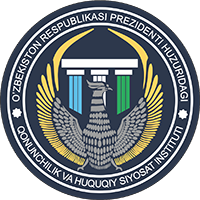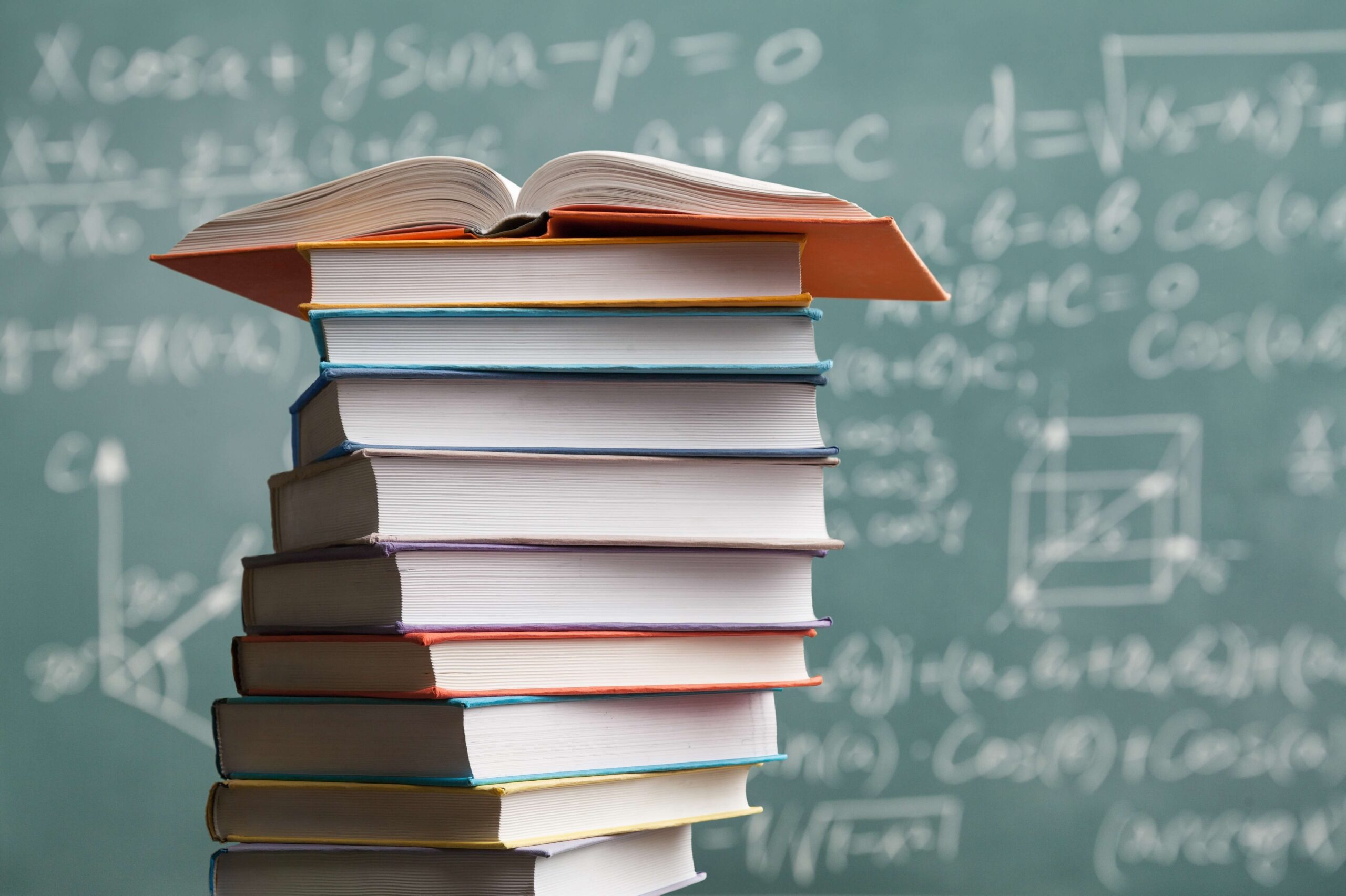In the current Constitution of the Republic of Uzbekistan, everyone has the right to education, while the state guarantees free general education. In general, the right to education is a right enshrined at the constitutional level of legal regulation for most states. On the one hand, this is a reflection of the special importance that the state and society attaches to the right to education. On the other hand, it is an additional political and legal guarantee of the realization of this right, which makes it possible to protect it in case of violation. Therefore, the modernization of the education system is considered as a necessary and determining factor in the social and economic development of any state.
In one of his addresses to the people of Uzbekistan with congratulations dedicated to the 29th anniversary of the adoption of the Constitution of the Republic of Uzbekistan, the President of the country noted that in order to implement the tasks reflected in the Development Strategy and which are important in building a fair, truly people’s state, a constitutional basis will first of all be needed and an even stronger legal framework. In this context, it became necessary to harmonize the basic law with the modern realities of our society, the essence of consistent reforms, as well as the creation of a solid legal foundation for the Development Strategy of New Uzbekistan.
Based on the proposals and initiatives put forward, the President identified priority areas for constitutional reforms, one of which is the ninth – fixing at the constitutional level the development of kindergartens, schools, higher education and science, which are interrelated components of the basis of the third Renaissance.
According to article 50 of the draft new constitution, the state ensures the development of a continuous education system, its various types and forms, state and non-state educational organizations. As the President rightly says, in the current era of increasing competition, only an educated nation, an enlightened society and the state will be able to achieve progress. In our opinion, these ideas are reflected in the proposed article.
In addition, the proclamation of 2023 as the year of caring for people and quality education is a clear indicator that the state attaches great importance to the education of not only young people, but the population as a whole.
It is believed that the term “lifelong education” was first used in 1968 in the materials of the General Conference of UNESCO. After publication by the UNESCO commission, a decision was made that recognized lifelong education as the main principle, the “guiding structure” for innovations or reforms in education in all countries of the world.
If we pay attention to international norms concerning the issues of continuous education, the opportunity for each person to receive education is ensured by compulsory and free primary education; accessible secondary education, including vocational secondary education; higher education available to everyone on the basis of ability; the gradual introduction of free secondary and higher education; active development of a network of schools at all levels; a satisfactory system of scholarships and the constant improvement of the material conditions of teaching staff (Article 13 of the International Covenant on Economic, Social and Cultural Rights, 1966). Thus, according to the Pact, education should be oriented towards the full development of a person’s personality throughout his life, have access to continuous education, advanced training, etc.
Over the past five years, Uzbekistan has created a national legal framework to improve the system of the entire education system. Thus, the Law “On Education” was adopted in a new edition, the Concept for the Development of the System of Public and Higher Education of the Republic of Uzbekistan until 2030 was approved. The country’s leadership pays special attention to the organization of the educational process in accordance with international practice of introducing new teaching methods, improving academic programs, and qualitatively updating the educational process with the introduction of advanced information and communication technologies.
According to the Law of the Republic of Uzbekistan “On Education”, the education system includes the following types: preschool education and upbringing; general secondary and secondary specialized education; professional education; higher education; postgraduate education; retraining and advanced training of personnel; out-of-school education. And according to forms, it is classified into education with a break from work (daytime); on-the-job education (correspondence, evening, remote); dual education; family education and self-education; adult learning and education; inclusive education; education as an external student; training in the field of defense, security and law enforcement.
It should be noted that in recent years there have been dramatic changes in the forms and types of education. The emphasis is on a continuous system of knowledge acquisition, i.e. from preschool to postgraduate education.
Thus, the proposed article, in contrast to Article 41 of the current Constitution of the Republic of Uzbekistan, which guarantees the receipt of free general education, is aimed at ensuring the possibility of obtaining education throughout life.
The proposed edition regulates the further development of both state and non-state educational organizations. To date, 65 private universities have been registered in the Republic, which operate on the basis of a license and provide services to the population for higher education. At the same time, in accordance with Article 31 of the Law of the Republic of Uzbekistan “On Education” dated September 23, 2023 No. ZRU-637, non-state educational organizations that provide educational services in accordance with state educational standards and state educational requirements issue graduates with documents on state education.
Thus, we can conclude that Article 50 of the proposed new version of the constitution considers education as a continuous system in various forms and types. At the same time, the state guarantees their development and availability in both the public and private sectors.
The Republic of Uzbekistan, adhering to the principle of a social state, provides a number of benefits and preferences in order to support non-state educational organizations. For example, according to the Decree of the President dated June 25, 2021 No. PP-5161 “On measures for state support of non-state educational organizations and the creation of additional conditions for young people in the educational process”, it provides for the following measures:
To guarantee, as well as compensation to cover interest expenses, on loans from commercial banks to strengthen the material and technical base;
To reimbursement at the expense of the State budget of up to 50 percent of the costs of renting buildings and structures used in the educational process; offset for value added tax and income tax.
These measures are aimed at further development and stimulation of the market of non-state services in this area.
Legislative consolidation and implementation in practice of effective guarantees for education is one of the priority goals of the state policy in the field of education.
Sardor Jakbarov,
Leading researcher at the Sector of legislation in the social Sphere of the Institute of Legislation and Legal Policy under the President of the Republic of Uzbekistan
References
- Law of the Republic of Uzbekistan “On education”. № LRU-637. 23.09.2020 year. https://lex.uz/ru/docs/5700831
- The Concept for the Development of the System of Public and Higher Education of the Republic of Uzbekistan until 2030. https://lex.uz/ru/docs/4545887
- Draft оf the new constitution of the Republic of Uzbekistan. https://meningkonstitutsiyam.uz/constitution_en.pdf

